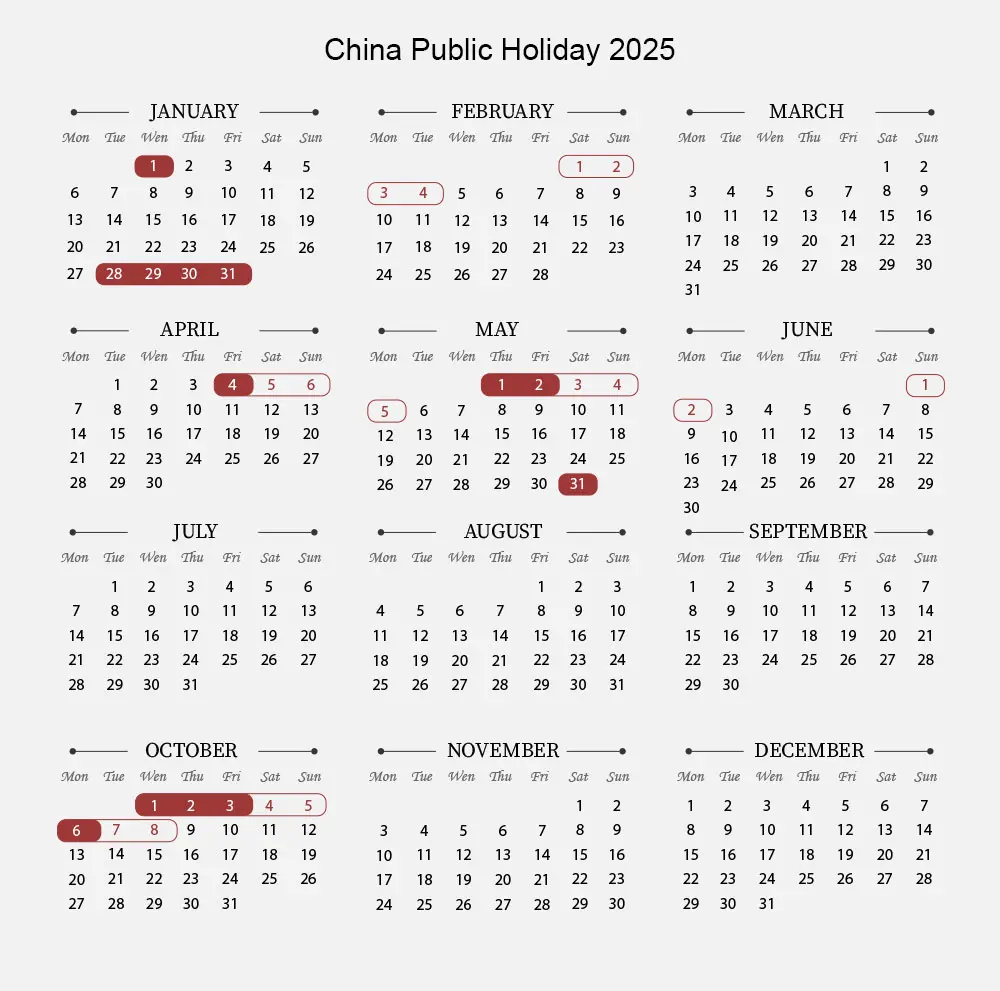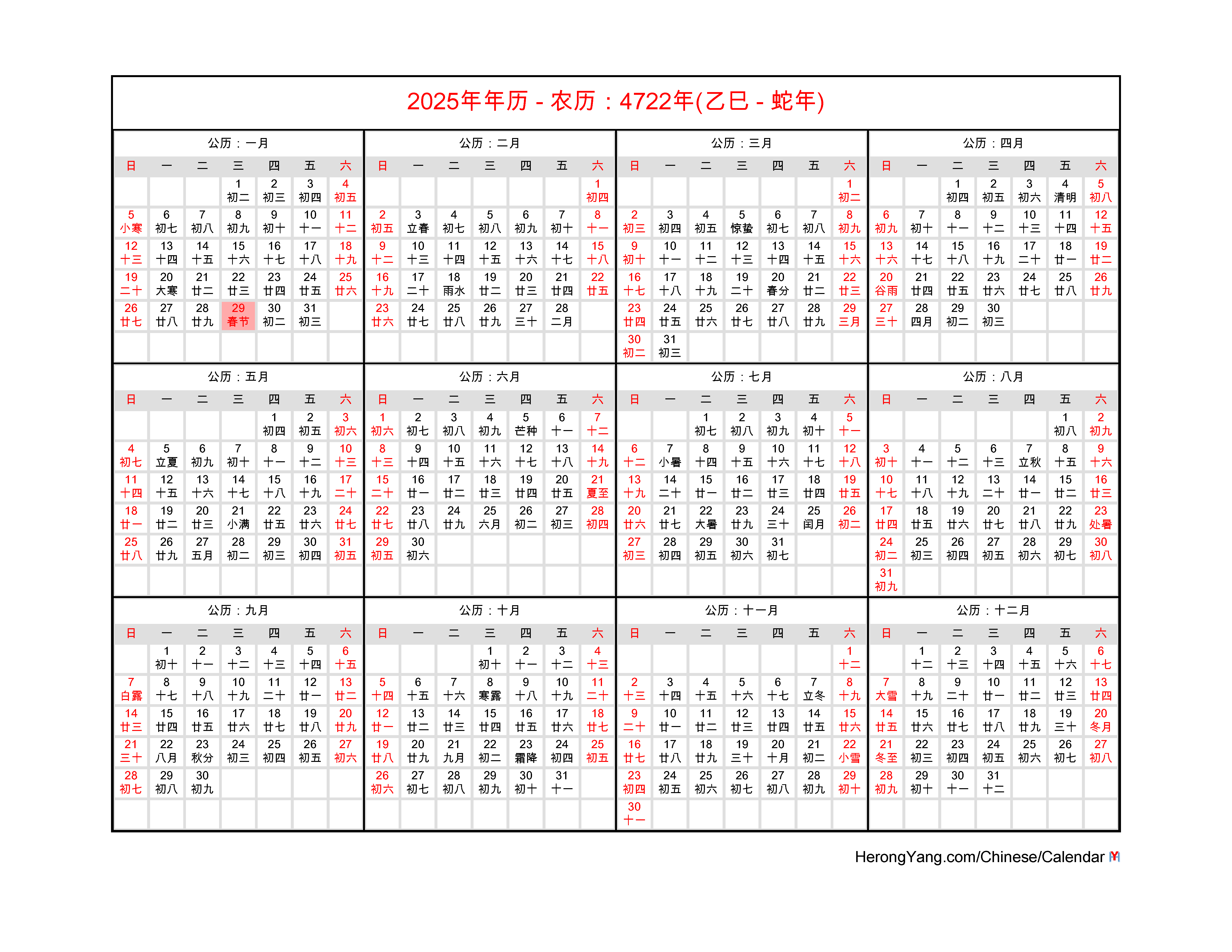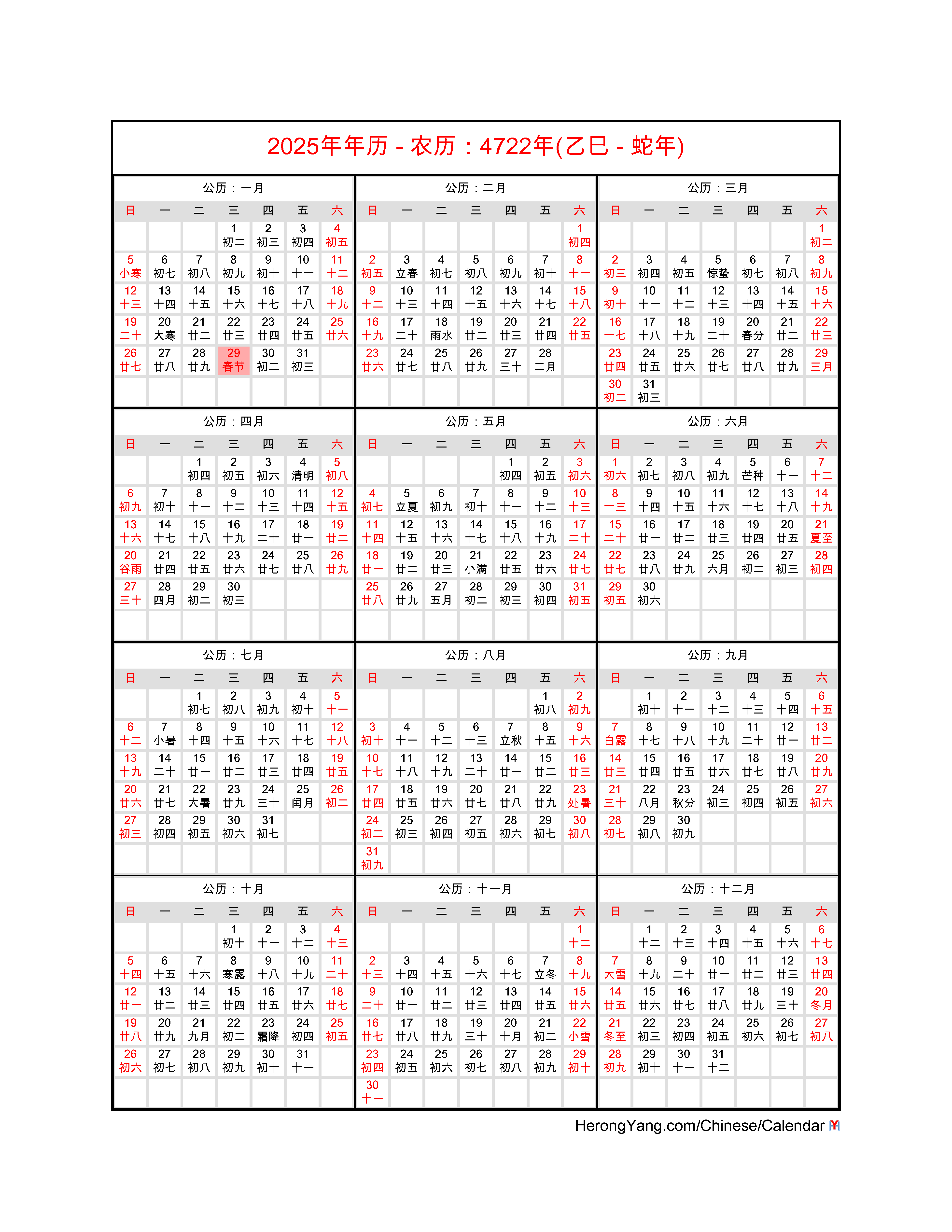Navigating China’s Public Holidays in 2025: A Comprehensive Guide
Related Articles: Navigating China’s Public Holidays in 2025: A Comprehensive Guide
Introduction
In this auspicious occasion, we are delighted to delve into the intriguing topic related to Navigating China’s Public Holidays in 2025: A Comprehensive Guide. Let’s weave interesting information and offer fresh perspectives to the readers.
Table of Content
Navigating China’s Public Holidays in 2025: A Comprehensive Guide

Understanding China’s public holidays is crucial for anyone planning to visit or do business in the country. These holidays significantly impact travel, business operations, and daily life, offering both opportunities and challenges. This article provides a comprehensive overview of China’s public holidays in 2025, analyzing their significance, outlining potential benefits, and addressing frequently asked questions.
China’s Public Holiday Framework:
China’s public holiday system is defined by the "National Holiday and Commemorative Day Act" and consists of seven statutory holidays:
- New Year’s Day (January 1st): Celebrates the beginning of a new year.
- Spring Festival (Chinese New Year): A week-long celebration marking the beginning of the lunisolar calendar year. Dates vary annually but typically fall between late January and mid-February.
- Tomb-Sweeping Day (Qingming Festival): A traditional day for honoring ancestors and visiting graves. It falls on April 4th or 5th depending on the lunar calendar.
- Labor Day (May Day): Celebrates the contributions of workers and is a time for relaxation and leisure.
- Dragon Boat Festival (Duanwu Festival): Commemorates the poet Qu Yuan and features dragon boat races and the consumption of Zongzi (sticky rice dumplings). It falls on the fifth day of the fifth lunar month.
- Mid-Autumn Festival (Moon Festival): Celebrates the harvest moon with family gatherings and the sharing of mooncakes. It falls on the 15th day of the eighth lunar month.
- National Day (Golden Week): Marks the founding of the People’s Republic of China on October 1st.
The Significance of Public Holidays:
China’s public holidays serve multiple purposes:
- Cultural Preservation: They foster cultural traditions and national identity, allowing for the preservation and transmission of historical narratives and customs.
- Economic Stimulation: These holidays create opportunities for travel and tourism, boosting local economies and promoting domestic consumption.
- Social Cohesion: They provide time for family reunions and social gatherings, strengthening bonds and fostering community spirit.
- Employee Wellbeing: Extended holidays offer employees respite from work, promoting mental and physical health, and contributing to overall well-being.
Potential Benefits of China’s Public Holidays:
- Travel Opportunities: Public holidays create opportunities for domestic and international tourism, allowing individuals to explore different parts of China or travel abroad.
- Business Growth: Businesses can leverage these holidays by offering special promotions, events, and services tailored to holiday demands, potentially increasing sales and brand visibility.
- Cultural Exchange: For foreigners, public holidays provide unique opportunities to experience Chinese culture firsthand, engaging in traditional activities and interacting with locals.
Frequently Asked Questions (FAQs):
Q1: How long are the public holidays in China in 2025?
A: The duration of each holiday varies. For instance, the Spring Festival is typically a week-long holiday, while Labor Day and National Day are usually a three-day holiday. However, the government may adjust the holiday duration based on various factors, so it’s essential to consult official announcements for the most up-to-date information.
Q2: What is the "Golden Week" holiday in China?
A: The "Golden Week" refers to the National Day holiday, which usually extends from October 1st to 7th. It is a popular time for travel, as many people take advantage of the extended holiday to visit family, travel, or engage in leisure activities.
Q3: What are the potential challenges associated with China’s public holidays?
A: Public holidays can also present challenges:
- Increased Travel Demand: The surge in travel during holidays can lead to overcrowded transportation systems, higher prices for travel and accommodation, and potential delays.
- Business Disruptions: Businesses may face temporary closures or reduced staff availability during public holidays, impacting productivity and customer service.
- Traffic Congestion: Roads and public transportation systems can become heavily congested during holiday periods, creating travel disruptions.
Tips for Navigating China’s Public Holidays:
- Plan Ahead: Research and book travel arrangements, accommodation, and activities well in advance, especially during popular holidays like Spring Festival and National Day.
- Consider Alternative Dates: If possible, consider traveling outside of peak holiday periods to avoid crowds and potential disruptions.
- Be Aware of Local Customs: Research and respect local customs and traditions during public holidays to avoid cultural faux pas.
- Stay Informed: Keep abreast of any changes or announcements regarding public holidays and travel regulations.
Conclusion:
China’s public holidays offer a unique blend of cultural celebration, economic opportunity, and social connection. Understanding the nuances of these holidays, their significance, and potential benefits is crucial for anyone interacting with China. By planning ahead, being aware of local customs, and staying informed, individuals and businesses can navigate these holidays effectively and leverage their potential while mitigating potential challenges.








Closure
Thus, we hope this article has provided valuable insights into Navigating China’s Public Holidays in 2025: A Comprehensive Guide. We hope you find this article informative and beneficial. See you in our next article!